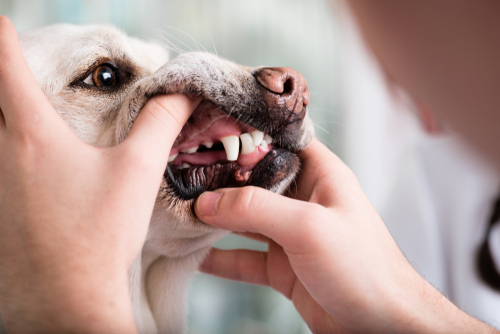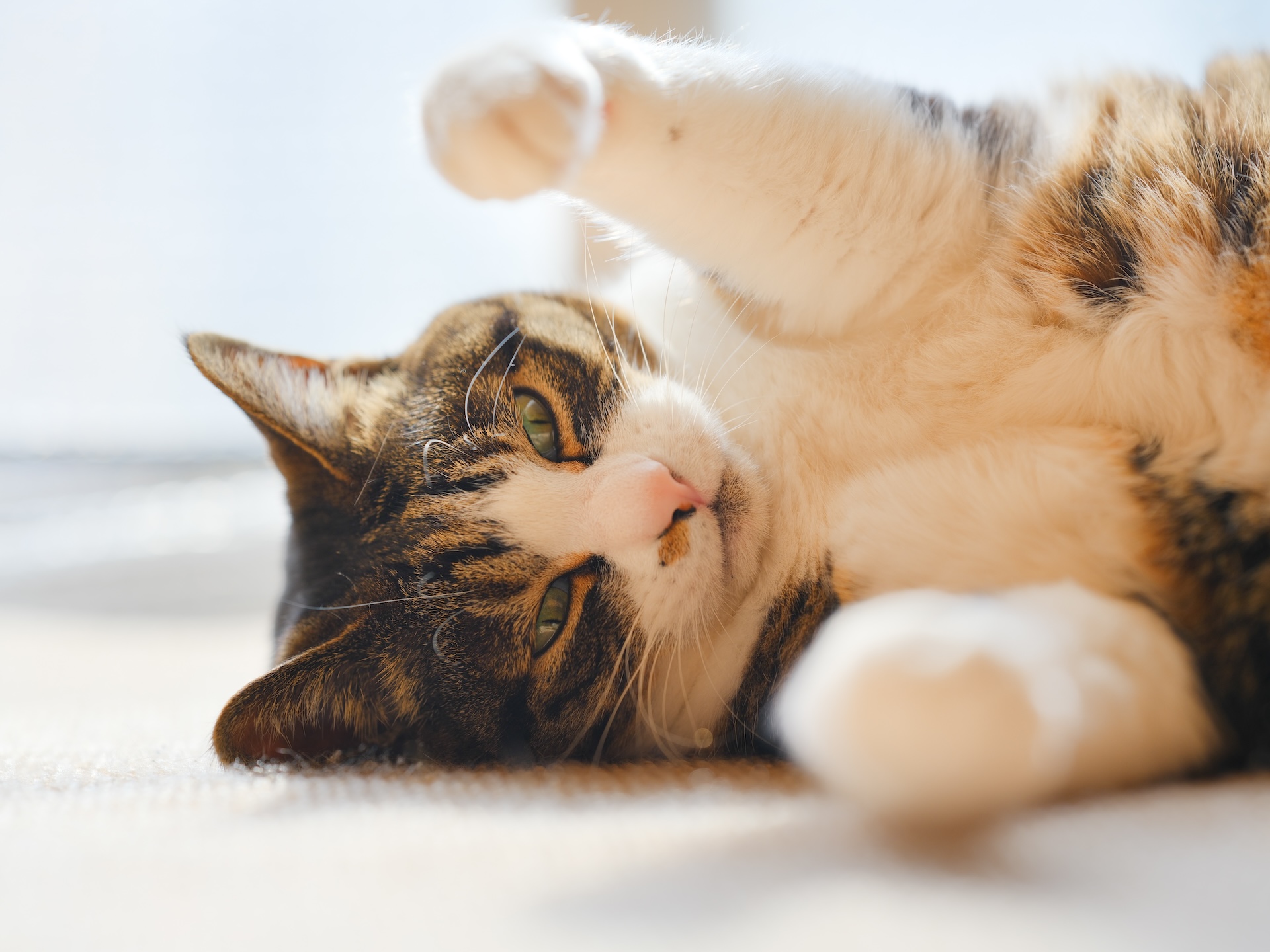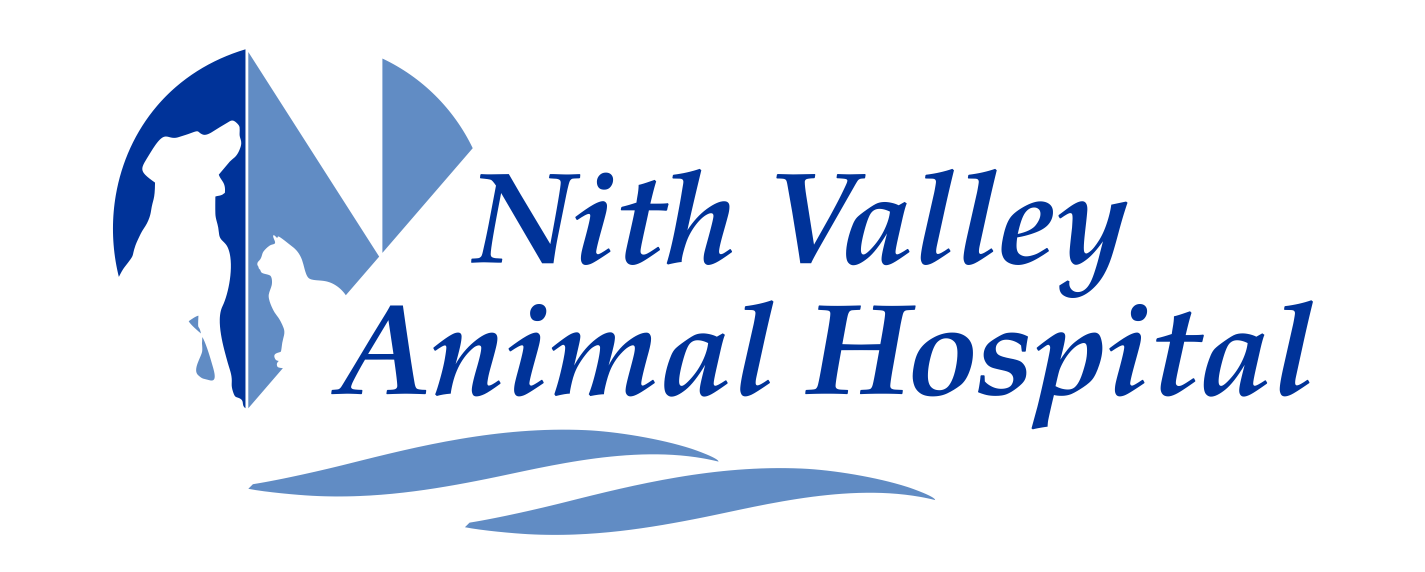
Veterinary dental procedures are essential to your pet’s overall health and well-being. Dental disease is one of the most common health issues in pets and, if left untreated, can lead to pain, tooth loss, and even serious systemic conditions affecting the heart, kidneys, or liver. Regular dental care helps keep your pet comfortable, healthy, and happy.
Why Are Dental Procedures Important?
- Preventing Pain and Discomfort: Pets often hide dental pain, but issues like tooth decay, infections, or gum disease can cause significant discomfort. Treating dental problems early can prevent unnecessary suffering.
- Protecting Overall Health: Bacteria from untreated dental disease can enter the bloodstream and affect vital organs like the heart, kidneys, and Regular dental care reduces the risk of these serious health complications.
- Improving Quality of Life: Healthy teeth and gums allow your pet to eat, play, and interact comfortably. Addressing bad breath (halitosis) improves your pet’s hygiene and your bonding experience.
What Do Veterinary Dental Procedures Include?
- Comprehensive Oral Exam: While your pet is under anesthesia, we perform a thorough exam to check for issues like loose or broken teeth, gum inflammation, or oral masses.
- Dental X-rays: X-rays help us detect hidden problems below the gumline, such as infections, bone loss, or root abscesses.
- Professional Cleaning: Plaque and tartar are removed from your pet’s teeth using specialized tools, both above and below the gumline. Polishing smooths the teeth, making it harder for plaque to accumulate in the future.
- Treating Dental Issues: If necessary, we’ll extract severely damaged or infected teeth to prevent pain and further complications. In some cases, we may recommend advanced treatments like periodontal therapy.
Why Anesthesia is Essential
Dental procedures require your pet to be under general anesthesia for safety and comfort. This allows us to:
- Perform a thorough cleaning and evaluation without causing stress or
- Safely use tools and equipment that require your pet to remain completely
We take every precaution to ensure your pet’s safety during anesthesia, including pre-anesthetic bloodwork, monitoring vital signs, and using advanced anesthetic protocols.
How to Maintain Your Pet’s Dental Health?
- At-Home Care: Regular tooth brushing, dental chews, or water additives can help control plaque buildup.
- Routine Veterinary Cleanings: Schedule professional dental cleanings as recommended by your veterinarian to address issues before they become severe.
A Healthy Mouth = A Healthy Pet
Prioritizing your pet’s dental care can significantly extend their life expectancy and improve their comfort. If you have questions or would like to schedule a dental exam or cleaning, our team is here to help! Let’s work together to keep your pet smiling for years to come.


